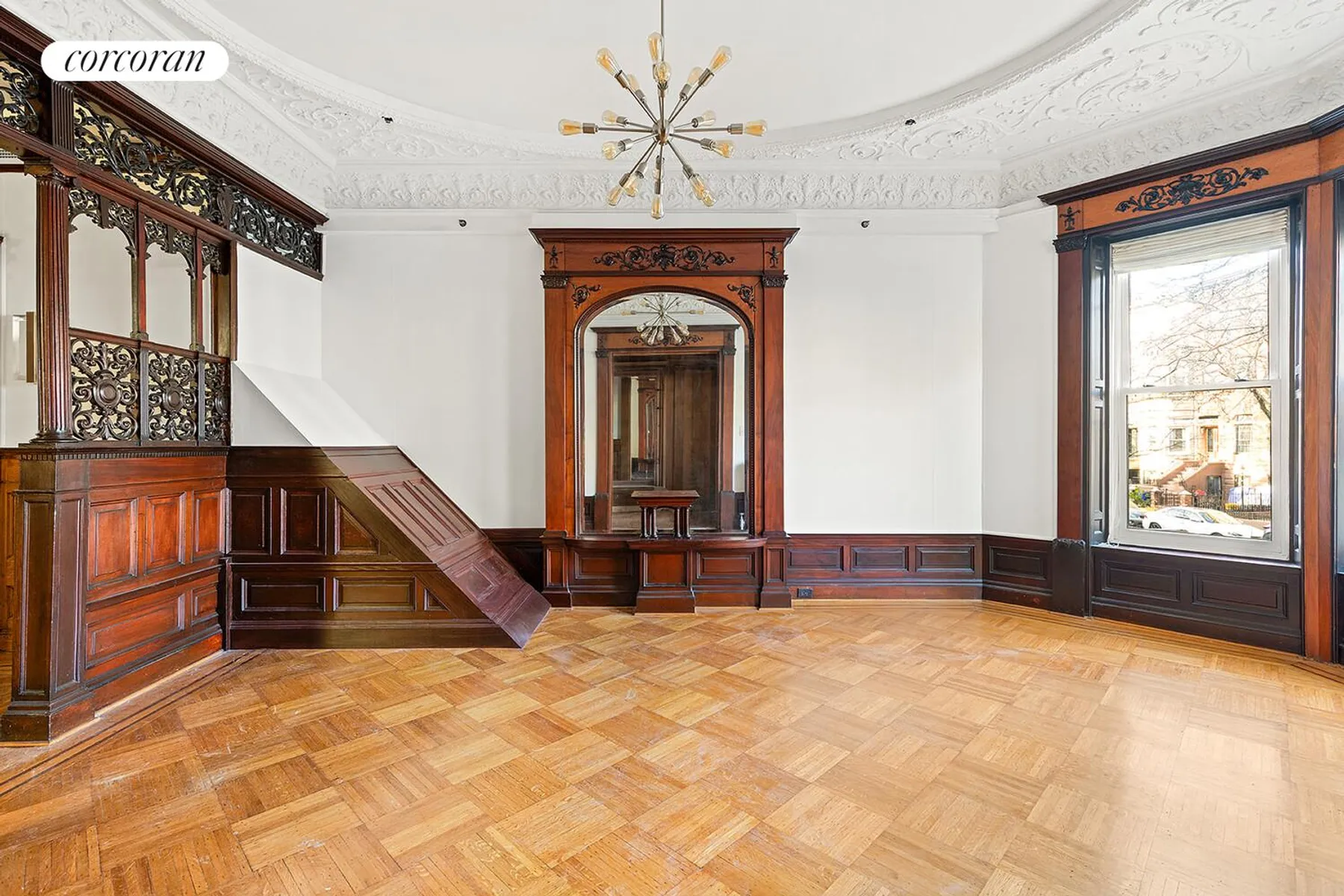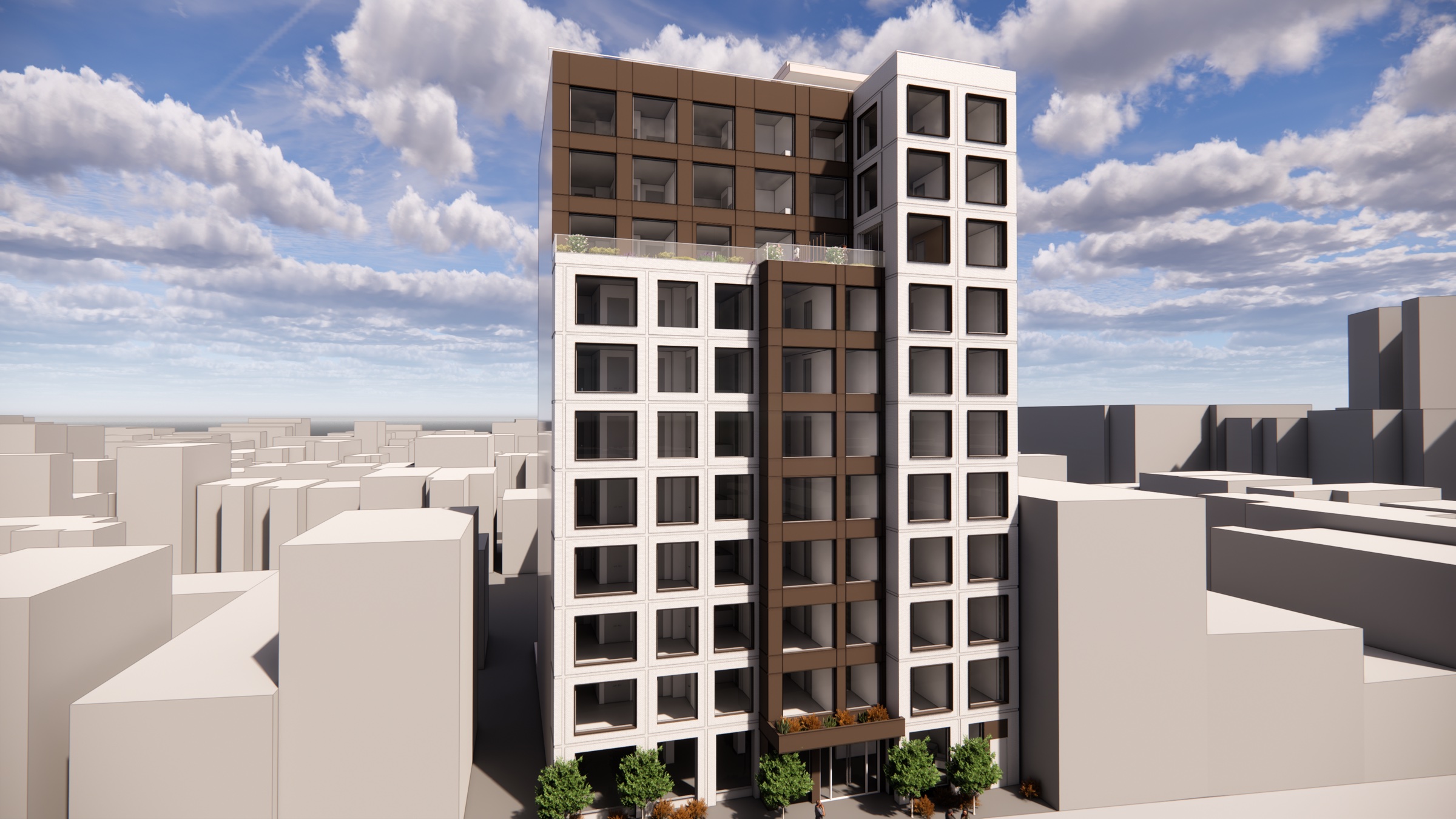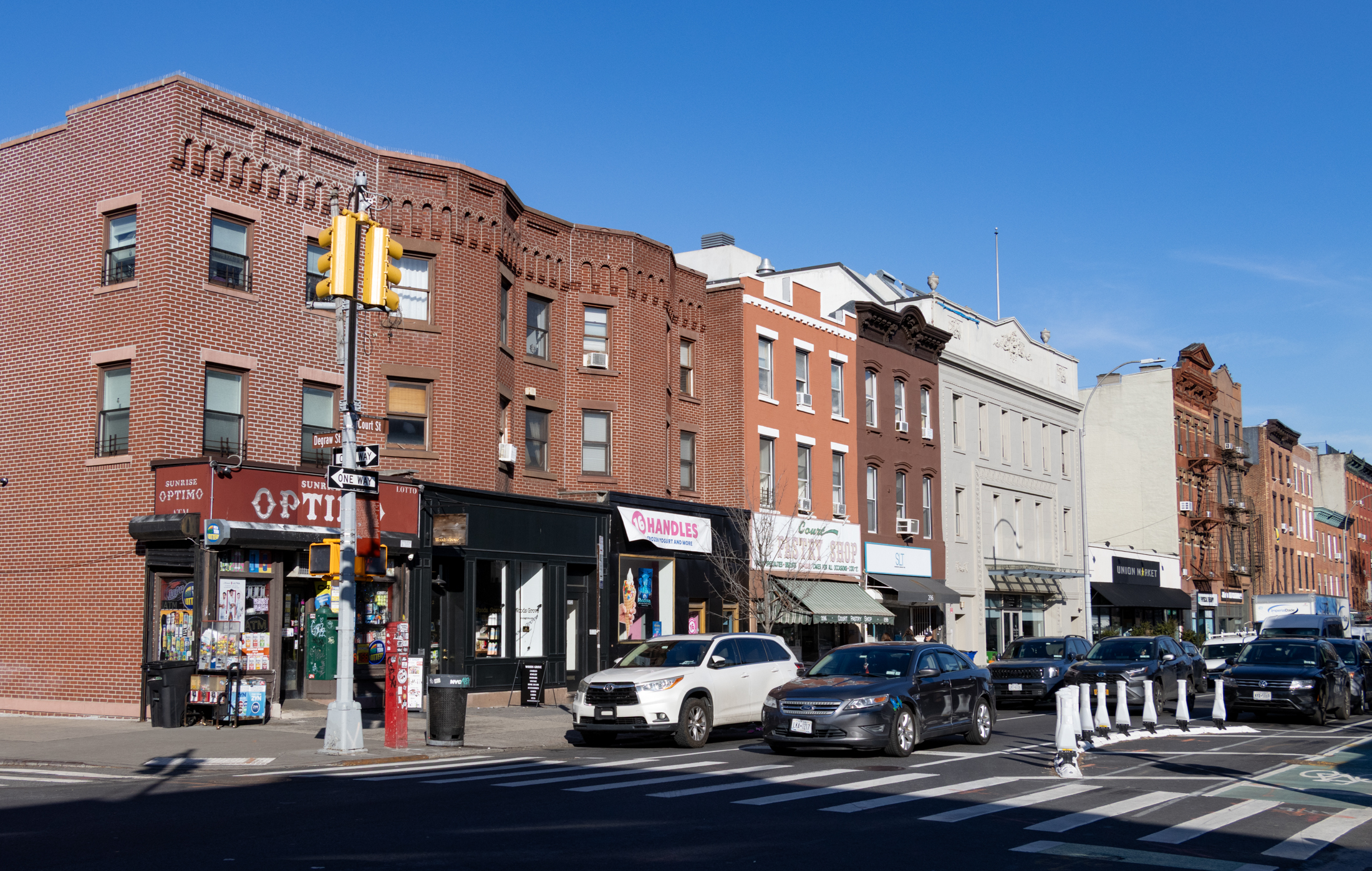Your House May Not Be Such a Great Bet After All
In this week’s New Yorker, James Surowiecki takes an axe to the myth that buying a house is always a great investment. The reliance on median home price as a barometer of the market is part of the problem. First of all, the statistic does not take into account the qualitative (e.g. central air) and…

 In this week’s New Yorker, James Surowiecki takes an axe to the myth that buying a house is always a great investment. The reliance on median home price as a barometer of the market is part of the problem. First of all, the statistic does not take into account the qualitative (e.g. central air) and quantitative (more square footage). Secondly, it ignores the corrosive effect of inflation on real returns. It also, doesn’t take into account non-financial incentives and rebates. Nor does it handle the problem of sample bias, whereby the inputs (i.e. sold homes) to the median calculation every year do not remain constant. “The idea that housing prices have nowhere to go but up is,” in Surowiecki’s words, “a statistical illusion.”
In this week’s New Yorker, James Surowiecki takes an axe to the myth that buying a house is always a great investment. The reliance on median home price as a barometer of the market is part of the problem. First of all, the statistic does not take into account the qualitative (e.g. central air) and quantitative (more square footage). Secondly, it ignores the corrosive effect of inflation on real returns. It also, doesn’t take into account non-financial incentives and rebates. Nor does it handle the problem of sample bias, whereby the inputs (i.e. sold homes) to the median calculation every year do not remain constant. “The idea that housing prices have nowhere to go but up is,” in Surowiecki’s words, “a statistical illusion.”
Safe As Houses? [New Yorker]





wrong 4:13. I bought multi-family precisely because of shelter. Not for an ‘investment’ – never in million years expected it to be worth what it is today – and you know what -doesn’t matter because I still need that shelter.
I bought multi-fam so would have rents (and major tax benefits from rental) to pay mortgage and give me security.
When the mortgage was paid off – I went from using 1 floor to 2. And still have 2 rentals – that provide decent income even if became unemployed or had job that payed less.
I bought for shelter where I have control – I make most of the rules (yes city does make some). I choose who lives above me. And if don’t like them after lease is up goodbye.
I decide when upgrades are down – and exactly to my taste and budget.
Coop/condo would not have much freedom.
“I am with Crouchback, it’s about shelter, stupid.”
If you and many others on here really truly believed this deep down, you would have bought a basic place to live. You would not have contemplated a multi-family, where you would receive rent, and there wouldn’t be tons of articles and comments about how valuable all the brownstones are.
I am not sure the value of such an article. Anybody who bases their buying and selling decisions on these statistics is going to get burned. This is a real market, a local real market affected by local economy, and local fundamentals of real estate. Interest rates aren’t local but each market has its own character and drivers. Why doesn’t the CME have one futures market for housing? Because each region has its own drivers i.e. anyone who is going to be successful will want real information about specific blocks, particular properties, local taxes, comparables, will be very knowledgeable about interest rates and financing options and will drill down to specifics, the nitty gritty. But most importantly, one’s own housing needs. I am with Crouchback, it’s about shelter, stupid.
This Surowiecki’s advice only applies to people with a lot of liquid cash socked away, that assures them they will always have a rented roof over their head whether they lose a job or have a catastrophic illness, etc. Which applies to what, 1% of the population? Let’s see only articles and opinions that actually apply to the people who visit this site, please.
But again, what’s the choice? We have to live somewhere. I’m just not going to buy stocks instead of a home to live in, sorry. Debate it all you want, but ’nuff said, for me and my family.
These questions cause nervousness because most brownstoners and aspirants are contemplating sizable investments in rental property (that upper duplex). The dream is that the rent will rise so quickly that eventually it will pay for the mortgage, maintenance and taxes. Cool, free rent for the brownstoner heehee. If you’re really lucky the rent will actually generate net income and you can retire on the rental stream. While there are plenty of triumphant stories like this, this is a historically unlikely scenario and a very risky bet.
Owning a residence alone should not be particularly speculative. You buy as much space as you feel you can afford to live in. If property values beat inflation over the next 30 years you have a a nice bonus for your kids when you die. You are not a real estate investor.
When you get into brownstone land you are making a large leveraged investment in real estate. In doing so you are eschewing lots of other possible investments that have historically outperformed real estate over the long term. Jonathan Clements of the Wall Street journal concludes that real estate investments in residential property approximately halve your investment return historically.
I’m all with the poster who urged us to offer better intelligence on home prices. I have some anecdotal evidence to back that up.
The trouble with a market in flux is that even the instruments–Property Shark and Zillow–aren’t of great use.In Prospect Lefferts, it means that everything appears to be low priced, but deceptively so. Zillow has the estimated value of everything on a given block in the $700s. But any informed shopper knows that’s too low.
Likewise, a number of properties in Windsor Terrace are now taking big discounts. There’s a place up there that was listed at $1,085 and is now $985,000. But if you turn to Zillow for that address and it says the price–based on comparables–should be $1,150,000.
So in short despite all the tools, it remains a guessing game. It’s clearly a decelerating market, but with all the inconsistencies that word implies.
One last thought:
This notion of bubble-proof cities, peddled on CNN is just silly. There’s no such beast. Boston is undergoing a quite strong correction right now, with condo projects getting cancelled and heavily discounted. SF too has seen a drop in price.
In the end, our cities are–New Yorker maps of the world notwithstanding–connected to the rest of the United States. If real estate in Westchester, Long Island and New Jersey slows dramatically–and it is–that will, inevitably and ineluctably, affect the price of real estate in New York. Where do we think the empty nesters are coming from? If the nests are getting discounted …
Anyway, this isn’t to argue for apocalpyse soon. It’s just to say that NYC is an island apart.
I just can’t see how the current $2800 a year property tax on our Brooklyn house could go any lower. How could NYC do that? They can’t. Again, I think this is yet another article that is actually about the suburbs. Which has some validity to our market too of course, but not entirely. And so again, it’s just another article posted on brownstoner to mislead everyone. Thanks for that! Really helpful (not). The most helpful and applicable discussions on this site would be looking at what IS selling (listing more properties than simply what the NY Post chooses to single out) and everyone discussing why it sold. Because then it helps sellers see what they need to do, how they need to price their properties, and it informs the buyers what they can reasonably expect to spend right now. Because frankly BOTH sides, not just the sellers, are pretty deluded. The sellers thinking prices shouldn’t drop at all from last year’s highs, and buyers thinking “market is soft” means they can pick up a 50% discount. Or that they can get a big discount AND a fully renovated kitchen and bathroom. Which is not going to happen.